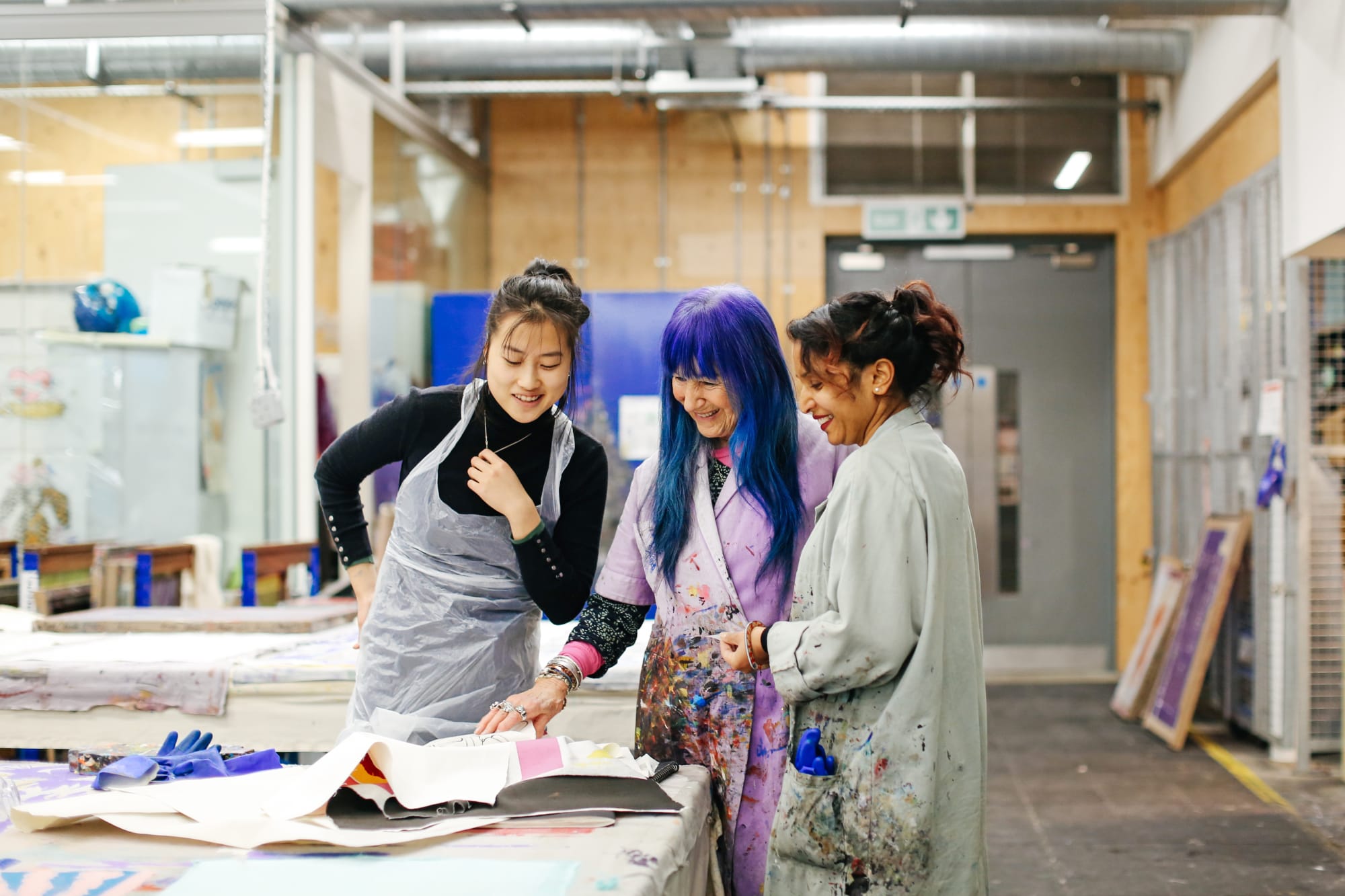MA Academic Practice
MA Academic Practice in Art, Design and Communication
Course overview
The MA in Academic Practice in Art, Design and Communication is designed for UAL staff who have completed PgCert in Academic Practice and who wish to pursue academic practice ideas in more depth.
You will build on what you learnt on the PgCert, and deepen your engagement within a closer community. The MA provides opportunity for more intense focus on a specific area of teaching and learning that inspires you, within an art, design and communication context.
Learning about philosophical dimensions of knowledge production will enable you to understand how they inform approaches to research. Through reflecting on and mapping your own position, you will start to create your identity as a researcher.
By giving space to noticing and working on your own practice, you will develop a different sense of the boundaries of your work and your relationship with your work. This new orientation to the world will engender a more confident and informed approach to all aspects of your academic practice and your work life.
You will investigate and play with a range of research methodologies and methods. We will critique research traditions and practices, considering decolonial imperatives. You will interrogate your own standpoint and are encouraged to question established norms, harnessing art school disciplinary practices to inform a creative approach to research.
You will synthesise this learning in a clear, feasible research proposal, which sets your trajectory for the year long Major Project study. On completion of your Major Project you will design an engaging way of sharing your work with a relevant audience, inviting feedback and evaluating its impact.

Course units
Unit 1: Research methods and practices
You will document your interests, identifying a topic to explore in depth for the duration of the course. You will encounter a range of research methodologies and methods drawn from the arts and social sciences, whilst considering what it means to decentre academic research traditions in the 21st century.
You will investigate your chosen methodology, experimenting within and around it, and exploring the work of other researchers with similar interests. Through developing a research proposal for your Major Project, the theoretical and practical outlines of your research will start to form.
Unit 2: Major project
The Major Project runs over an academic year, from September to the following September. The topic of study will be determined by you: it might be focussed on an educational issue or question, take the form of a creative practice project, or locate itself somewhere in between.
You will meet peers and tutors regularly to share progress, as well as having access to an Advisor with expertise in your field. Depending on the nature of your project, your research can be articulated either as a ‘text-only’ or ‘text and practice’.
Unit 3: Dissemination and impact
You will evaluate the impact of your Major Project and disseminate it to an audience of your choice. You will reflect on your development as a researcher and consider ways of sustaining this practice in the future.
The course culminates with a day of presentations where participants share their research journeys with the course community of practice of peers, tutors and invited guests.
Staff
-
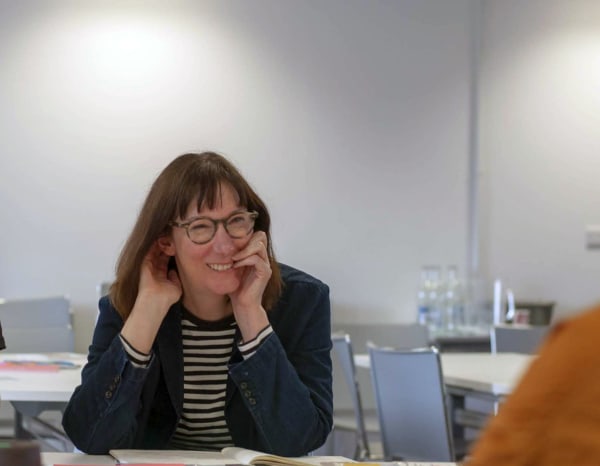
Image courtesy of Catherine Smith
Catherine Smith
Head of Professional Development
-
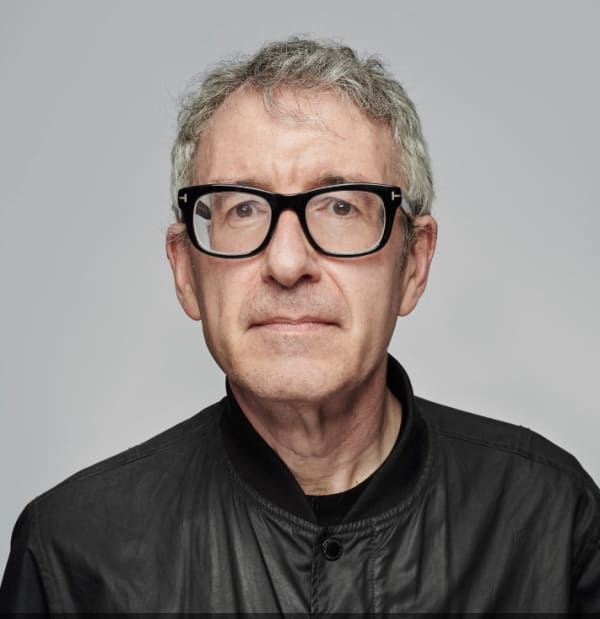
Image courtesy of John O'Reilly
John O'Reilly
Senior Lecturer Creative Education
-
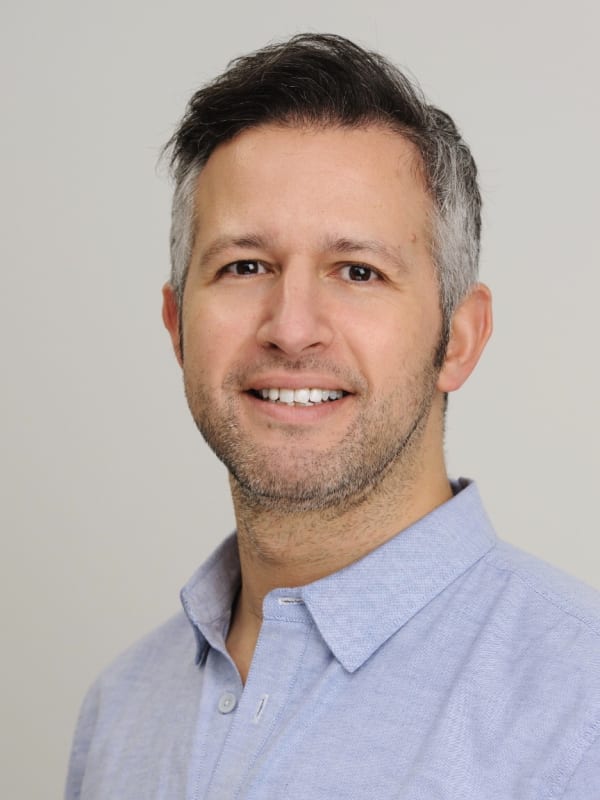
Image courtesy of Frederico Matos
Frederico Matos
Senior Lecturer Creative Education
-
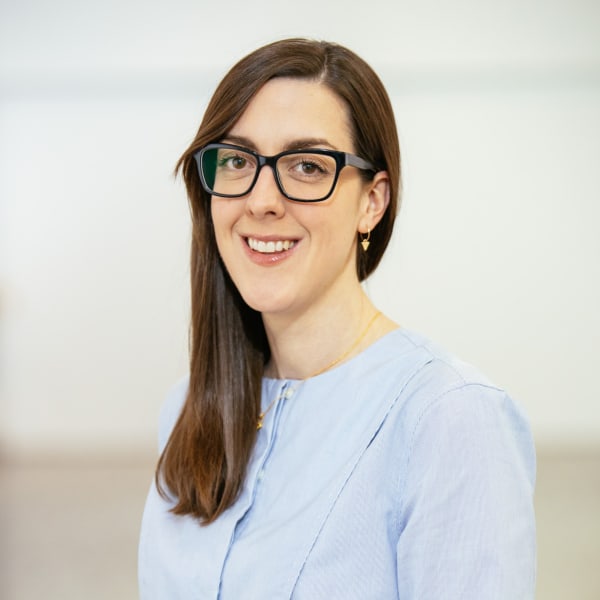
Rachel Marsden
Rachel Marsden
Senior Lecturer Creative Education
Mode of study
The MA is a part-time course that follows on from the PgCert Academic Practice. It can be taken over either 2 or 3 years. Under exceptional circumstances participants are allowed a maximum of 3 years to complete the course.
Download the MA Academic Practice Course Diagram (Word 24KB).
Credit and award requirements
Participants gain 60 credits via the PgCert Academic Practice before moving on to the MA. The MA course (including the PgCert) is credit-rated at 180 credits.
On successfully completing the course, you will gain an MA Academic Practice in Art, Design and Communication.
Under the Framework for Higher Education Qualifications, an MA is Level 7. All units must be passed in order to achieve the MA. The classification of the award is derived from the marks for the Major Project unit.
If participants are unable to finish the entire course within the 3 year maximum registration limit, the Postgraduate Diploma (PG Dip) exit award will be offered after the completion of 160 credits.
Learning and teaching methods
You will attend classes approximately every 3 weeks (some online, others face-to-face) as you progress through the 3 consecutive course units. These are supplemented by a series of monthly guest lectures, seminars and workshops, which will be delivered online and recorded so you may access the content asynchronously if you prefer.
Each of the 3 units requires an average of 10-12 hours work per week, including teaching hours and independent study.
The MA also provides regular writing workshops. This quiet time away from your usual place of work is a supportive space for generating text, with the option of informal peer and tutor review.
Assessment methods
Throughout the MA we invite you to demonstrate your learning in a range of ways that reflects the variety of learning outcomes and the specialisms of arts disciplines. This includes blogs and sketchbooks, peer review, peer and self-assessment, creation of artefacts, literature and practice reviews, essays, presentations and documentation of practice in visual and written formats. In every unit you will submit draft work for formative assessment by peers and tutors.
Your Workflow portfolio is a digital holding space for all your coursework. Your portfolio stores your work in progress until you submit it for summative assessment at the end of each unit.
The final Master’s degree grade classification will be determined by your ‘Major Project’ grade.

Entry requirements
The standard minimum entry requirements for this course are:
- Undergraduate degree, or equivalent qualification.
- PgCert Academic Practice in Art, Design and Communication, or comparable academic credit accrued within the last 5 years (AAC) or prior experiential learning (APEL).
- All applications must be supported by a line manager. Applicants are strongly advised to record their intention to undertake the MA at summer PRA prior to the course starting.
AP(E)L – Accreditation of Prior (Experiential) Learning
It may be possible to receive credits for previous courses (admissions with academic credit, or AAC) or for experiential learning (Accreditation of Prior (Experiential) Learning, or AP(E)L).
You need to identify the units you are claiming credit for and complete an AAC or AP(E)L application form. You’ll need to demonstrate that you’ve achieved equivalent learning outcomes in your previous course of study, or through experiential learning.
For full criteria and the number of credits that you can make a claim for, download the Guide to AAC, APL and APEL (Word 35KB).
Before you apply
All teaching sessions are compulsory, unless stated on the timetable.
Fees and Funding
There is no charge to UAL staff for studying the MA Academic Practice.
Internal (UAL) applicants
There are 2 steps to the application process:
Step 1. Complete the authorisation form
Both your UAL line manager and staff development contact need to agree you can apply to study. You must record your intention to undertake the MA at your summer PRA prior to the course starting.
You can then download the Internal authorisation form (Word 47KB) and apply online.
Step 2. Complete an online application
You will need to create an account using an external (non-UAL) email address and upload the following documentation:
- A copy of your passport.
- If this is a non-UK passport please also upload a copy of your residence permit.
- A copy of your highest level qualification.
- A copy of your completed authorisation form (saved as a document) must be uploaded in the reference section.
Please note: Applications are now closed for January 2026.
External applicants
The MA Academic Practice is not open to external applicants in 2025/26.
Opportunities for all
UAL is committed to diversity, individuality and equality. We support all students, including those who have dyslexia, long term health conditions, mental health issues, physical or sensory impairments or autism spectrum disorders.
If you have, or think that you might have, a disability please contact the University Disability Service as soon as possible to discuss your support needs. All enquiries are treated confidentially.
Contacting the Disability Service in good time means that the right support can be put in place for you should you need it.
Disability Service: +44(0)20 7514 6156/6157 or disability@arts.ac.uk
What happens next?
After you apply you will receive an automated email to confirm your application has been submitted.
Once a decision has been made on your application you will be notified by email: please check the non-UAL email account that you used to apply online.
Alumni case studies
-
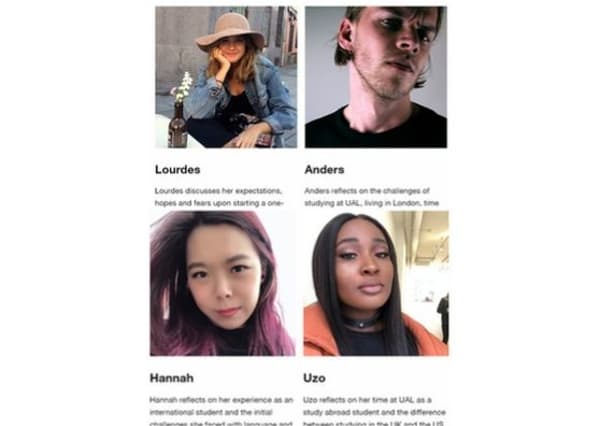
Image courtesy of UAL
UAL student voices
Victoria Salmon developed her MA dissertation project into a UAL wide resource
-
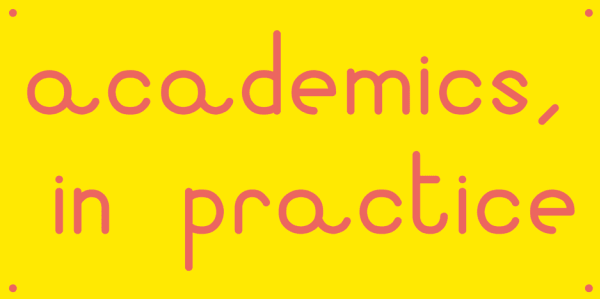
Image courtesy of UAL
MA Academic Practice exhibition
Read about previous dissertation projects
